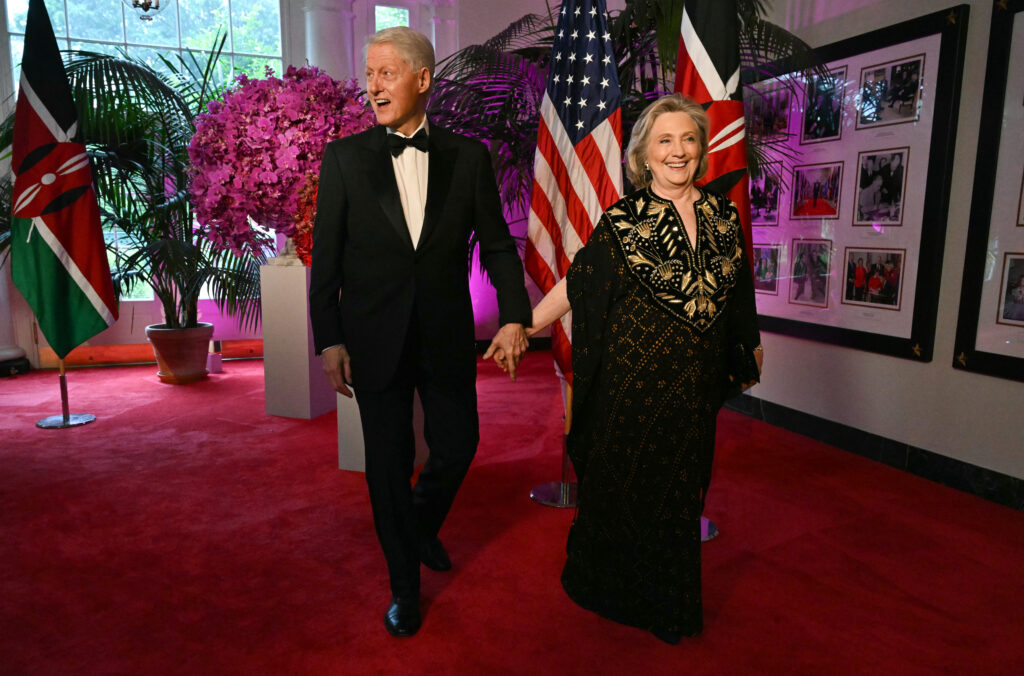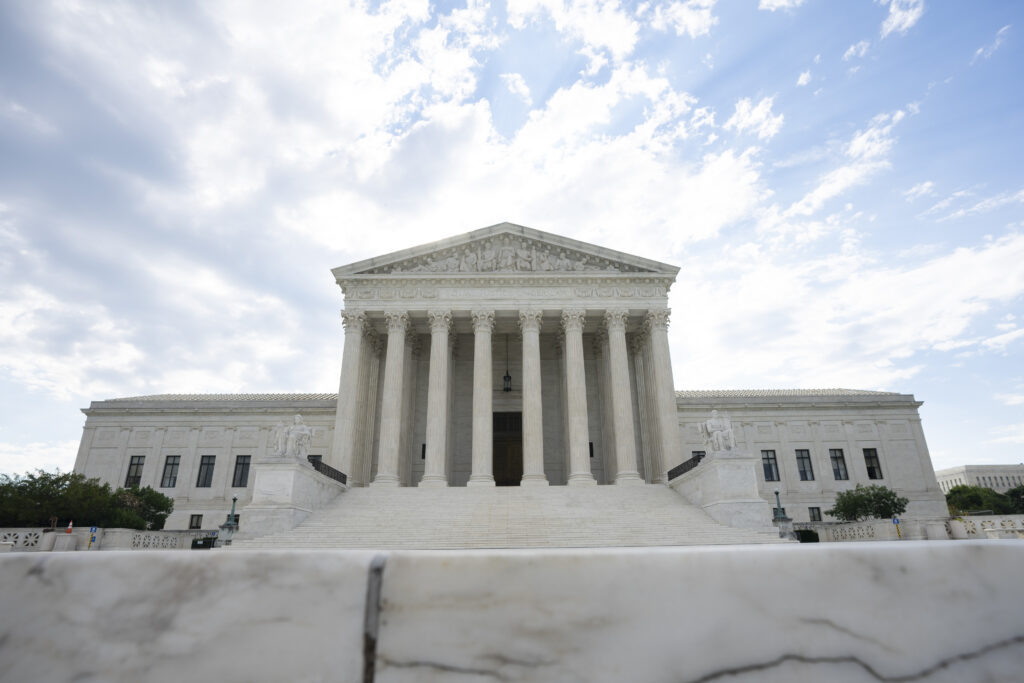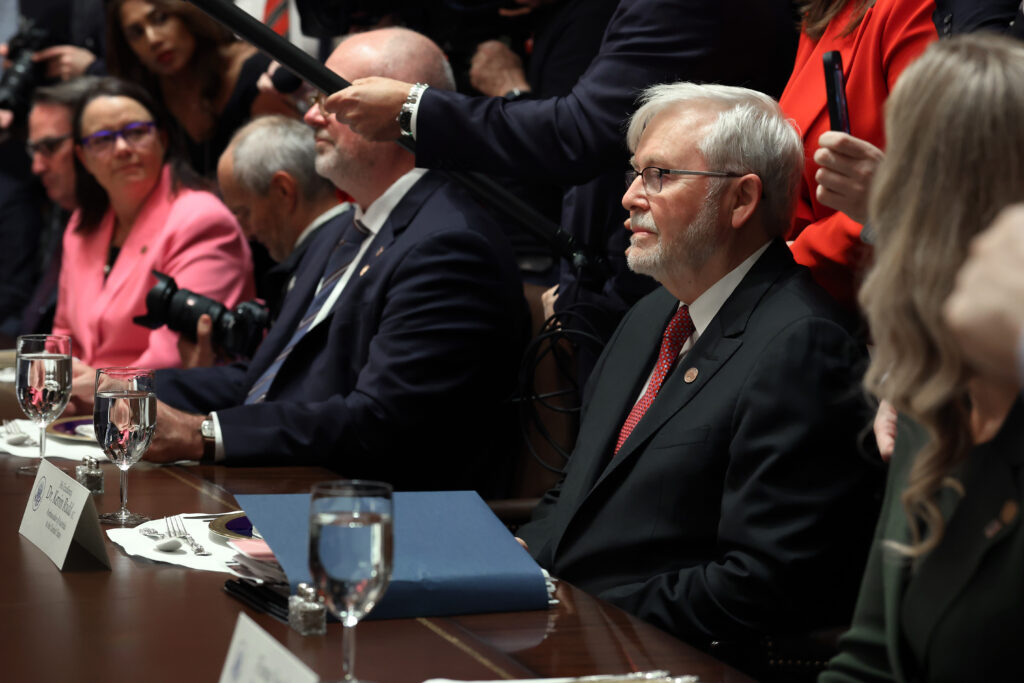Trump tells Iranians ‘help on its way’ as crackdown toll soars
US President Donald Trump urged Iranians on Tuesday to keep protesting against the country’s theocratic leadership, telling them “help is on its way” as international outrage grows over a crackdown one rights group said has likely killed thousands.Iranian authorities insisted they had regained control of the country after successive nights of mass protests nationwide since Thursday that have posed one of the biggest challenges to the clerical leadership since it came to power in the 1979 Islamic revolution.Rights groups accuse the government of fatally shooting protesters and masking the scale of the crackdown with an internet blackout that has now surpassed the five-day mark.New videos on social media, whose location AFP verified, showed bodies lined up in the Kahrizak morgue just south of the Iranian capital, with the corpses wrapped in black bags and distraught relatives searching for loved ones.International phone links were restored on Tuesday, but only for outgoing calls, according to an AFP journalist, and the quality remained spotty, with frequent interruptions.Trump, who has repeatedly threatened Iran with military intervention, said Iranians should continue their nationwide protests, take over institutions and record the names of “killers and abusers”.”Iranian Patriots, KEEP PROTESTING,” Trump wrote on his Truth Social platform. “I have cancelled all meetings with Iranian Officials until the senseless killing of protesters STOPS. HELP IS ON ITS WAY.”It was not immediately clear what meetings he was referring to or what the nature of the help would be.European nations also signalled their anger, with France, Germany and the United Kingdom among the countries that summoned their Iranian ambassadors to protest what French Foreign Minister Jean-Noel Barrot called “state violence unquestioningly unleashed on peaceful protesters”.The European Union also summoned Iran’s ambassador in Brussels.”The rising number of casualties in Iran is horrifying,” said EU chief Ursula von der Leyen, vowing further sanctions against those responsible.- ‘In the thousands’ -The Norway-based NGO Iran Human Rights (IHR) said it had confirmed 734 people killed during the protests, including nine minors, but warned the death toll was likely far higher.”The figures we publish are based on information received from fewer than half of the country’s provinces and fewer than 10 percent of Iran’s hospitals. The real number of those killed is likely in the thousands,” IHR’s director Mahmood Amiry-Moghaddam said.Fears have also grown that the Islamic republic could use the death penalty to crack down on the protests, after Tehran prosecutors said Iranian authorities would press capital charges of “moharebeh”, or “waging war against God”, against some suspects arrested over recent demonstrations.”Concerns are mounting that authorities will once again resort to swift trials and arbitrary executions to crush and deter dissent,” Amnesty International said.IHR highlighted the case of Erfan Soltani, 26, who was arrested last week in the Tehran satellite city of Karaj and who, according to a family source, has already been sentenced to death and is due to be executed as early as Wednesday.Iranian state media has said dozens of members of the security forces have been killed, with their funerals turning into large pro-government rallies. Authorities have declared three days of national mourning for those killed.Authorities in Tehran have announced a mass funeral ceremony in the capital on Wednesday for the “martyrs” of recent days.Amir, an Iraqi computer scientist, returned to Baghdad on Monday and described dramatic scenes in Tehran.”On Thursday night, my friends and I saw protesters in Tehran’s Sarsabz neighbourhood amid a heavy military presence. The police were firing rubber bullets,” he told AFP in Iraq.- ‘Last days’ -The government on Monday sought to regain control of the streets with mass nationwide rallies that supreme leader Ayatollah Ali Khamenei hailed as proof that the protest movement was defeated, calling them a “warning” to the United States. In power since 1989 and now aged 86, Khamenei has faced significant challenges, most recently the 12-day war in June against Israel, which resulted in the killing of top security officials and forced him to go into hiding.”When a regime can only hold on to power through violence, then it is effectively finished,” said German Chancellor Friedrich Merz during a trip to India. “I believe that we are now witnessing the last days and weeks of this regime.”Analysts, however, have cautioned that it is premature to predict the immediate demise of the theocratic system, pointing to the repressive levers the leadership controls, including the Revolutionary Guard Corps, which is charged with safeguarding the Islamic revolution.”These protests arguably represent the most serious challenge to the Islamic republic in years, both in scale and in their increasingly explicit political demands,” Nicole Grajewski, professor at the Sciences Po Centre for International Studies in Paris, told AFP.She said it was unclear if the protests would unseat the leadership, pointing to “the sheer depth and resilience of Iran’s repressive apparatus”.







